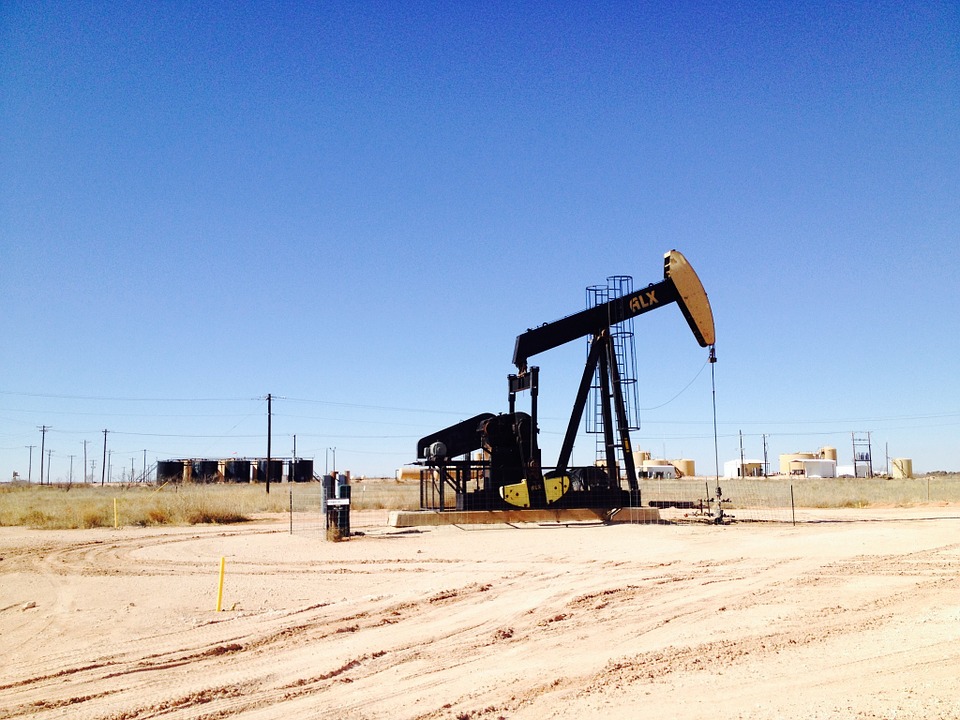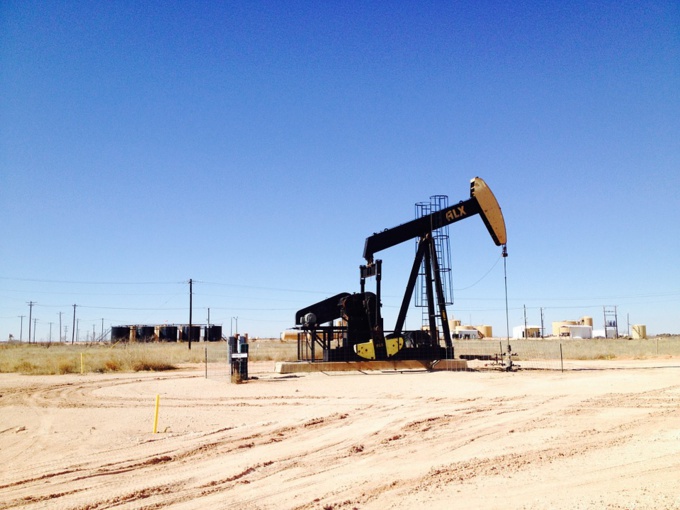According to Reuters, in the course of trading on Tuesday the price of European Brent oil in the spot market fell by 2%, to $ 71.91 per barrel, the minimum value since April 13. The cost of Russian Urals oil fell to $ 71.56 per barrel. The price of the nearest North Sea oil supply contract renewed the four-week low, by falling to $ 73.81 per barrel. At the end of the day, prices for various grades of European oil were fixed near the values of $ 72.2 - 74.5 per barrel.
The decline in oil prices occurred in anticipation of the curtailment of the OPEC + deal. In May, the energy ministers of Russia and Saudi Arabia noted their readiness to increase production in order to compensate for reduction in oil supplies from Iran and Venezuela. On Tuesday, Bloomberg reported with reference to informed sources that the United States unofficially approached Saudi Arabia and several other OPEC countries with a request to increase oil production by 1 million barrels a day. This proposal came after US President Donald Trump publicly complained about OPEC's policy and the rise in oil prices on Twitter, as well as about the growing price of gasoline on the domestic market. According to NYMEX, in late May the price of gasoline in the US rose to a four-year high - $ 2.29 per gallon ($ 0.5 per 1 liter). The agency reports that Washington's request was discussed by the energy ministers of Saudi Arabia, the UAE, Kuwait and Oman in Kuwait last Saturday. As a result, they issued a statement of readiness "to ensure stable and timely supplies of oil in order to meet the growing demand and compensate for the decline in production in some parts of the world."
Such statements indicate that the participants in the OPEC + agreement as a whole understand the need to gradually increase production, taking into account expected loss of oil supplies from Iran and Venezuela in the second half of the year, analysts say.
Further compliance with the OPEC + deal creates an artificial shortage of supply, which is becoming more difficult to justify from the point of view of consumers, says Norbert Rücker, head of commodity markets research at Julius Baer.
"Some of the major oil importers, like India, have faced rising fuel prices, and the weakening currencies of developing countries have exacerbated the negative effect of the dynamics of oil prices," says Mr. Rücker.
Pressure on oil quotes will be present until the June 22 summit of the cartel, where the issue of increasing production can be considered officially. According to Norbert Rücker, the agreement cannot work in the conditions of strong growth of world GDP and the increasing demand for fuel. He also keeps in mind the growing production in the US. "If cost inflation does not become a serious problem, the US shale business will be profitable enough even at lower oil prices than today," he said.
source: reuters.com
The decline in oil prices occurred in anticipation of the curtailment of the OPEC + deal. In May, the energy ministers of Russia and Saudi Arabia noted their readiness to increase production in order to compensate for reduction in oil supplies from Iran and Venezuela. On Tuesday, Bloomberg reported with reference to informed sources that the United States unofficially approached Saudi Arabia and several other OPEC countries with a request to increase oil production by 1 million barrels a day. This proposal came after US President Donald Trump publicly complained about OPEC's policy and the rise in oil prices on Twitter, as well as about the growing price of gasoline on the domestic market. According to NYMEX, in late May the price of gasoline in the US rose to a four-year high - $ 2.29 per gallon ($ 0.5 per 1 liter). The agency reports that Washington's request was discussed by the energy ministers of Saudi Arabia, the UAE, Kuwait and Oman in Kuwait last Saturday. As a result, they issued a statement of readiness "to ensure stable and timely supplies of oil in order to meet the growing demand and compensate for the decline in production in some parts of the world."
Such statements indicate that the participants in the OPEC + agreement as a whole understand the need to gradually increase production, taking into account expected loss of oil supplies from Iran and Venezuela in the second half of the year, analysts say.
Further compliance with the OPEC + deal creates an artificial shortage of supply, which is becoming more difficult to justify from the point of view of consumers, says Norbert Rücker, head of commodity markets research at Julius Baer.
"Some of the major oil importers, like India, have faced rising fuel prices, and the weakening currencies of developing countries have exacerbated the negative effect of the dynamics of oil prices," says Mr. Rücker.
Pressure on oil quotes will be present until the June 22 summit of the cartel, where the issue of increasing production can be considered officially. According to Norbert Rücker, the agreement cannot work in the conditions of strong growth of world GDP and the increasing demand for fuel. He also keeps in mind the growing production in the US. "If cost inflation does not become a serious problem, the US shale business will be profitable enough even at lower oil prices than today," he said.
source: reuters.com



















